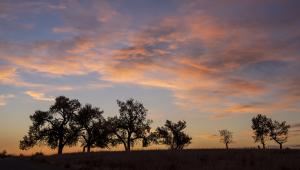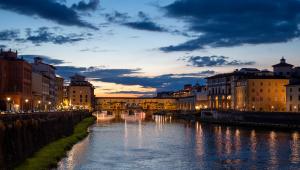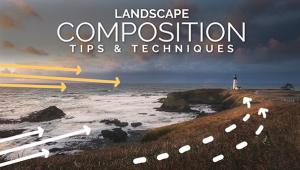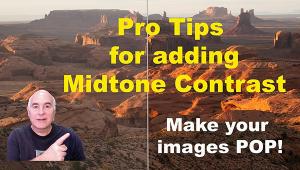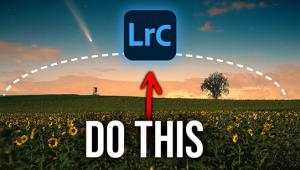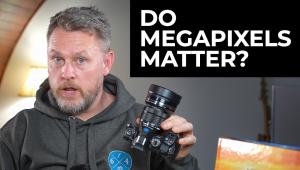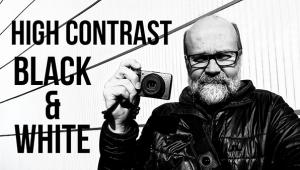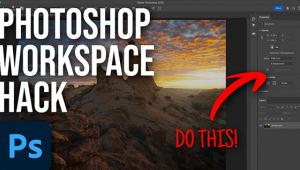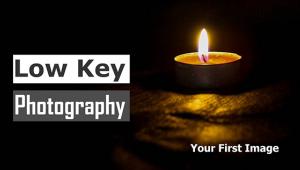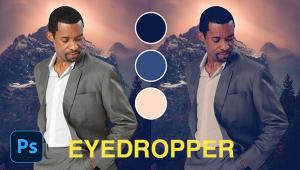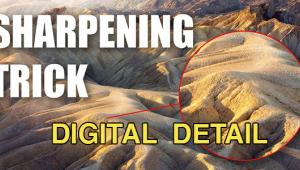Film continues to offer a wider range of color, contrast and grain than digital. Film cameras continue to offer far more features and value for the money than digital. Mid-range digital SLR's are typically $1000 more than the analagous film SLR's on which they are based. Film cameras continue to improve, but unlike digital, they are not obsolete within 18 months. Digital prints are much more expensive than traditional prints, once one pays for a good photo printer, media and ink. And finally, who has time to crop, color-correct, and print each photo when for 10 minutes spent at the retail counter, a good custom minilab will turn around a whole roll of prints in a few hours? Bottom line: outside of pros and hobbyists, digital makes sense mainly for the camera companies, who have finally created a market for products with built-in obsolescence.
Briefly comment on how you see your film useage in the next six months.
- Log in or register to post comments

Up until 6 months ago, I said I'd never go digital. Then I bought a computer. Then a digital camera. It's a big plus being able to see the image immediately. I'll most likely still shoot film ocassionally, but digital has found a home !!

I do not own a digital camera. My clients require film, and are not talking about going digital. I shoot all formats [35,645,4x5] to meet their needs [calendar,card, text]. Film gives me the creative control needed to produce landscapes and close-ups that knock you socks off. With the advent of better film scanners as the Epson 4870 and printers as Epson 7600, anyone can still use the computer for modifications. I can still grab a transparency after 35 years, and know it will produce a great print. Film for ever.

Digital has strirred up a fierce storm in the photography industry but the dust from this needs to settle before we can call it reliable and better than film. It took film 100 years to reach its potential, with digital it may take less, but we still have a ways to go. Only high end digital cameras can offer all the features that Film SLR's can. It took 100 years to perfect film, proper saturation, durability and quality have greatly improved in recent years for film. why throw that away? Another thought I have on this is that the digital cameras may have perfected the quality of the image... but the archival capacity is not yet clear on digital cameras. With so many cards, profiles and no standards established, film is still a very reliable medium to work with. I still shoot film when it is important to me to preserve the image and have a negative... with scanning technology the way it is now it is too soon to throw away your film camera.

While most photographers appear to have converted to digital imaging, I feel there is still room for film imaging. No standards for digital image archiving presents a major problem for future generations whereas film negatives or positives are still able to be archived.

I recently had 4x6 prints made from a 3.2 mp digital Fuji camera and since the difference in quality between film and digital at that size is minimal, I think film is on its way out. Even in the future, computers will still be able to read CD-RWs, which is what I store my digital photo files on. I just bought a new PC recently, and a floppy drive came with it! Concern about not being able to read files in the future shouldn't scare anybody away from switching to digital.

Film and digital are two distinctly different media, and each one has its advantages. Bob Keefer Keefer Photography www.bkpix.com

Although I use digital cameras for quick turnaround and portability, I will continue to use Nikon SLR film cameras for any "serious" work. I also have had fairly good results combining film with digital image processing (via negative scans).

I traded in my medium format system for a Canon Digital Rebel in April '04 and I haven't shot a frame of film since -- this isn't because of any dislike of film but rather is because of the utter ease and instant feedback of digital.

I shoot film almost exclusively. Shooting film means I don't have to worry about what format my pictures are in or any future software conflicts or problems with a particular format. While digital has some appealing features it's still in it's infancy and not fully grounded. Digital allows the "have it now" generation to have just that...instant results. At 24 I could be considered part of that generation, and in some parts I am, just not when it comes to photo's.

I hope such disturbing figures don't scare off film producers and prevent the introduction of new, better films. There is still a large core of photographers who use film-I'm guessing that the 20-30% drop is mostly due to the effects of point & shooters going digital, even though film still holds the upper hand in that category in terms of quality. I'll shoot film until it's no longer made-and after that I'll still be buying expired (but well chilled!) rolls off eBay. But I do so prefer new film. Let's hope film is with us for a long time to come.

One of the advantages of shooting film is that I can match the film to the subject I am photographing. As a film user I have used film from Kodak, Fuji, and Agfa. Each family of film has its advantages as as well as its short comings. Negative emulsions can capture a wider range of tonal values than slide film or digital.

I took the plunge into digital photography three years ago with the purchase of an Olympus E-10 camera. Loved it, mostly. But, it was no match for my Canon EOS 3 film cameras in terms of image quality, AF performance and operational speed. I have just traded my EOS 3 bodies for a Canon EOS 20D. I now have a digital camera that exceeds the performance level of the film cameras it replaced. Love it!














